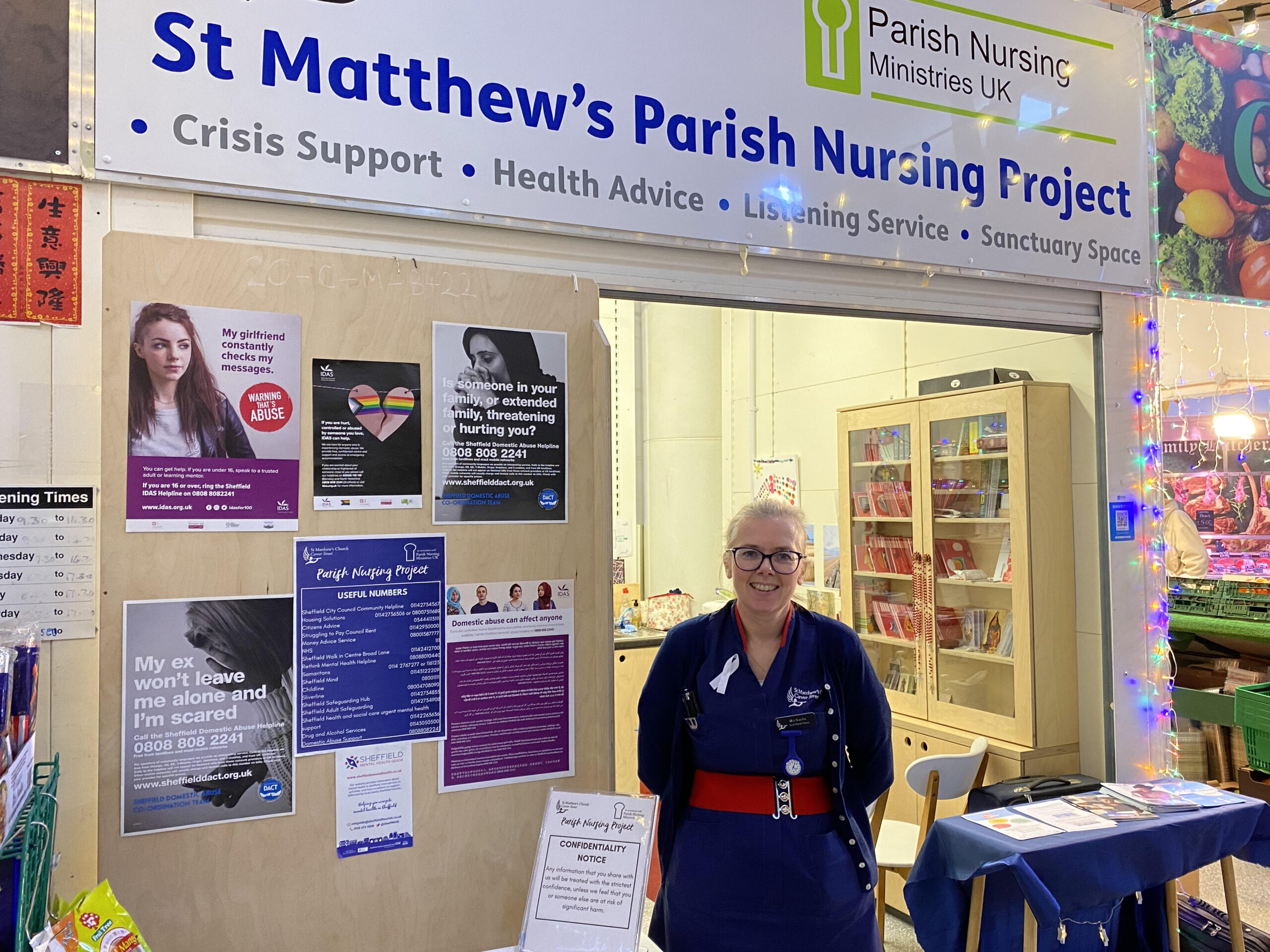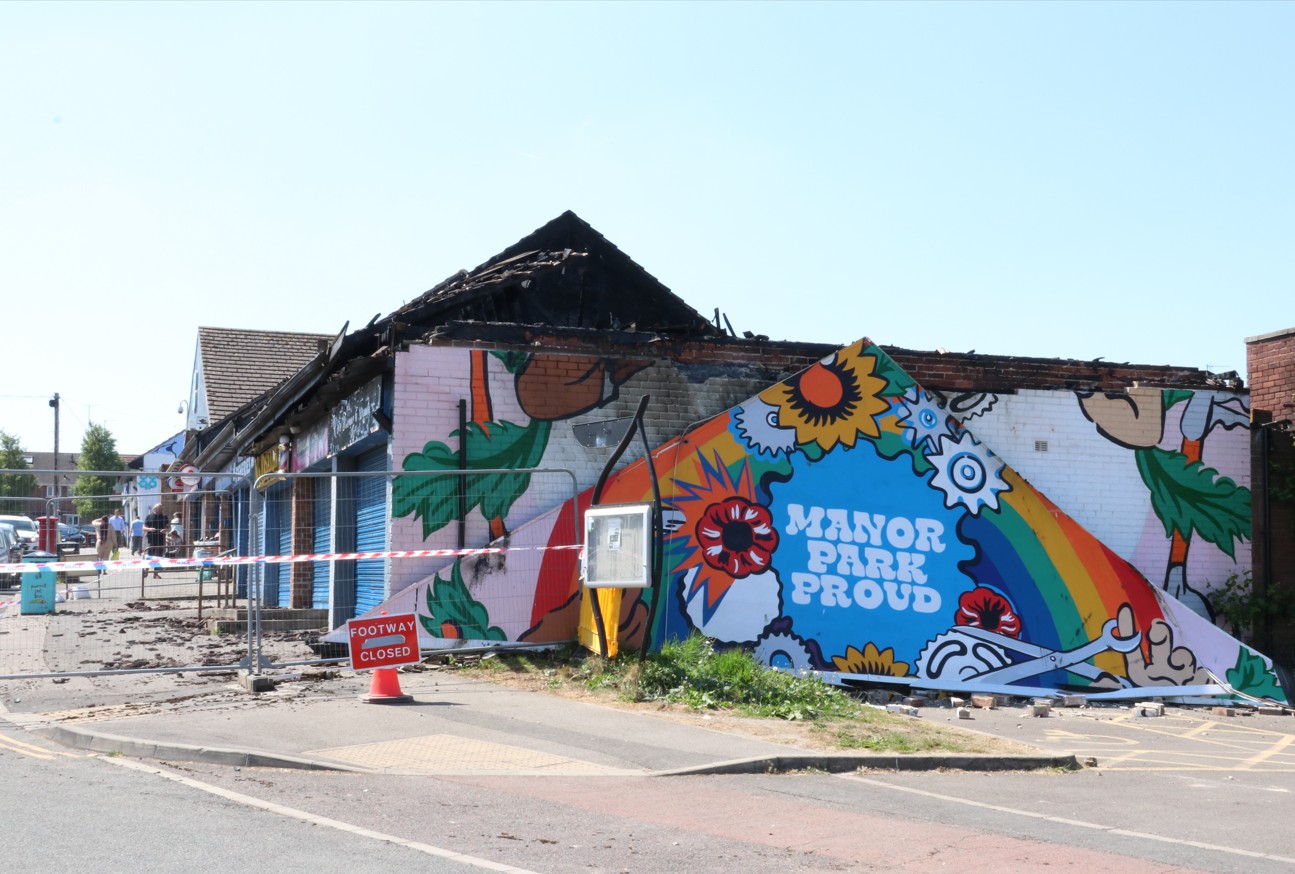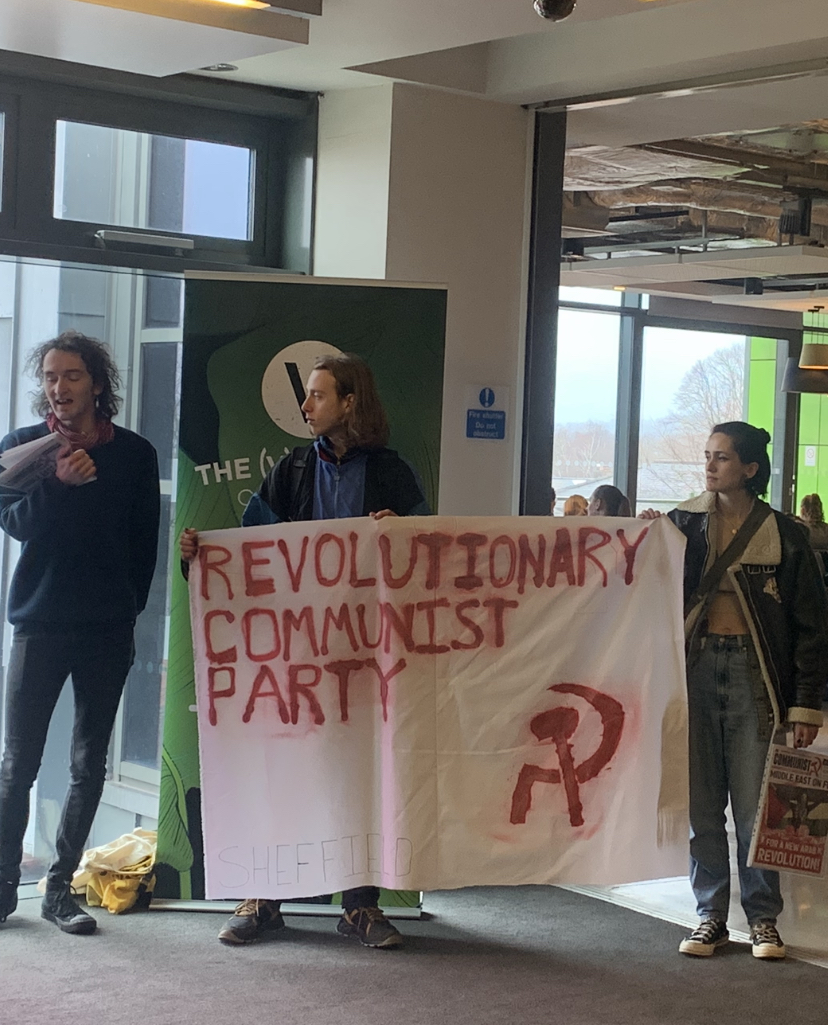“He held my bank cards and driving licence.
“He constantly overspent and took huge risks, so we were unable to make repayments on loans or the mortgage. I constantly worried about money.”
Rachel, whose name we have changed, shared her experience of domestic abuse just as the global 16 Days of Activism Against Gender-Based Violence campaign begins.
She said: “I didn’t have any control over what we spent money on. I was under constant pressure to work; I’d say 60-70 hours each week for years.”
“I worked right up until my son’s birth and started again the day after I left hospital, I didn’t have a choice.”
The conversation around abuse towards women and girls is being revisited in Sheffield as charities across the city hold events and share resources during the campaign.
The United Nations-led event, which runs annually from November 25 to December 10, is aiming to amplify the voices of survivors, activists and charities this year by focusing on femicide and domestic abuse.
Office for National Statistics data shows a 7.7% increase in police-recorded domestic abuse-related crimes in England and Wales.
This suggests higher reporting of abuse by victims, although women, especially in minority groups, still tend not to do so.
Janet Goodison, head of operations for Sheffield Women’s Aid, said: “Women from minority communities might struggle more in reaching out for support.”
According to a 2022 report from Femicide Census, on average, one woman is killed every three days by a man in the UK. But abuse is not always about physical violence and can often be really hard to spot with 69% of reports being classified as non-physical.
Michaela Suckling, the lead for the St Matthews’s Parish Nursing Project, a local charity participating in the campaign, said: “Abuse can be very subtle — it’s all about power and control over another person.
“At the extreme end of financial abuse, I’ve known men send their girlfriends out as prostitutes to fund their drug habits.”
Domestic abuse, exacerbated during Covid lockdowns as victims could not access healthcare services easily, can have devastating effects not only on victims but also children.
Ms Suckling added: “A lot of women feel guilty and ashamed like they’re to blame, or even if the children will be removed from their care.”
If you suffer from abuse, or know someone who does, contact the national helpline on 0808 2000 247.




